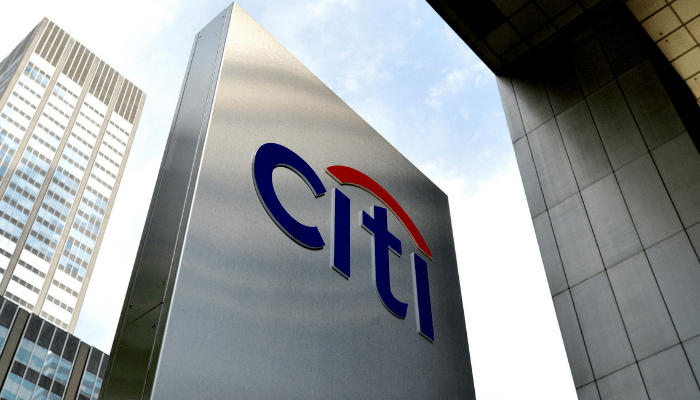In early 2021, Citi made a $1 trillion commitment to sustainable finance, which includes a $500 billion goal for environmental finance and a $500 billion goal for social finance, aligning with the agenda of the United Nations’ Sustainable Development Goals.
All over the world, national oil companies are acting as enablers of their economies, Nigeria’s state-owned oil corporation cannot afford to be complacent after Citigroup helped raise $3.5bn for the UAE’s state oil company, one of the world’s biggest polluters, without it affecting the bank’s climate commitments.
The bank helped arrange a chain of deals that meant Abu Dhabi National Oil Company (Adnoc) received huge payouts as a major shareholder of chemicals companies Borouge and Fertiglobe.
“So on paper, the bank lent some money to a chemicals business,” a banker with knowledge of the deals said. “But in reality they handed billions to one of the largest oil producers.
“If you try and get a loan approved to an oil major, you get asked all sorts of questions: ‘Blah, blah, the ESG [environmental, social and governance] ranking of the borrower.’ Basically, it’s a huge pain to get organised. So if you want to lend to a chemicals company instead, it’s much easier.”
Because Citi was not helping raise finance for Adnoc directly, it did not have to account for the emissions associated with lending to a major polluter.
Citi has insisted on the importance of cutting emissions associated with its financing activities to net zero by 2050, with significant cuts from energy clients by 2030. In March 2021, on her first day as chief executive of Citi, Jane Fraser said: “As the world’s most global bank, we can help drive the transition to a net zero economy and make good on the promise of the Paris Agreement.”
Read also: NNPC moves 100 trucks to Dangote refinery as petrol lifting starts Sunday
Banks are under growing pressure from customers and investors to reduce their financing of fossil fuel companies and to cut emissions associated with their business. A report out this week suggested coal, oil and gas companies’ extensive networks of subsidiaries, often in so-called “secrecy jurisdictions”, enable banks to obscure the true scale of their fossil fuel financing.
The Tax Justice Network report said that makes it increasingly difficult to ensure banks’ sustainability reporting is accurate and that they are adhering to their green policies.
Getting the deals done
Citi was part of a group of banks that loaned $4bn to Borouge in December 2021 as the chemicals company prepared to list its shares on the Abu Dhabi stock exchange, according to data from financial markets group LSEG.
Along with the other banks, Citi then helped coordinate the listing, which earned Adnoc $1.2bn from selling a portion of its shares in Borouge and $408m from special dividends.
In the share offer document, Borouge promised it would pay shareholders at least another $2.3bn in dividends in 2022 and 2023 meaning Adnoc – the company’s biggest shareholder – would earn a further $1.2bn in dividends.
In total, Adnoc was in line to receive at least $2.8bn from Borouge after Citi and other banks loaned the chemicals company $4bn.
The banker pointed to other deals in which banks helped raise finance for chemicals companies, resulting in large payouts to their oil company owners. In 2021, Citi was among a group of banks that arranged a $900m loan and listing for Fertiglobe, a fertiliser company part-owned by Adnoc.
As a result of those deals, Adnoc received almost $700m from share sales and special dividends. Since the creation of Fertiglobe in 2019, the chemicals company has transferred a total of $1.5bn in dividends to its major shareholder, Adnoc.
